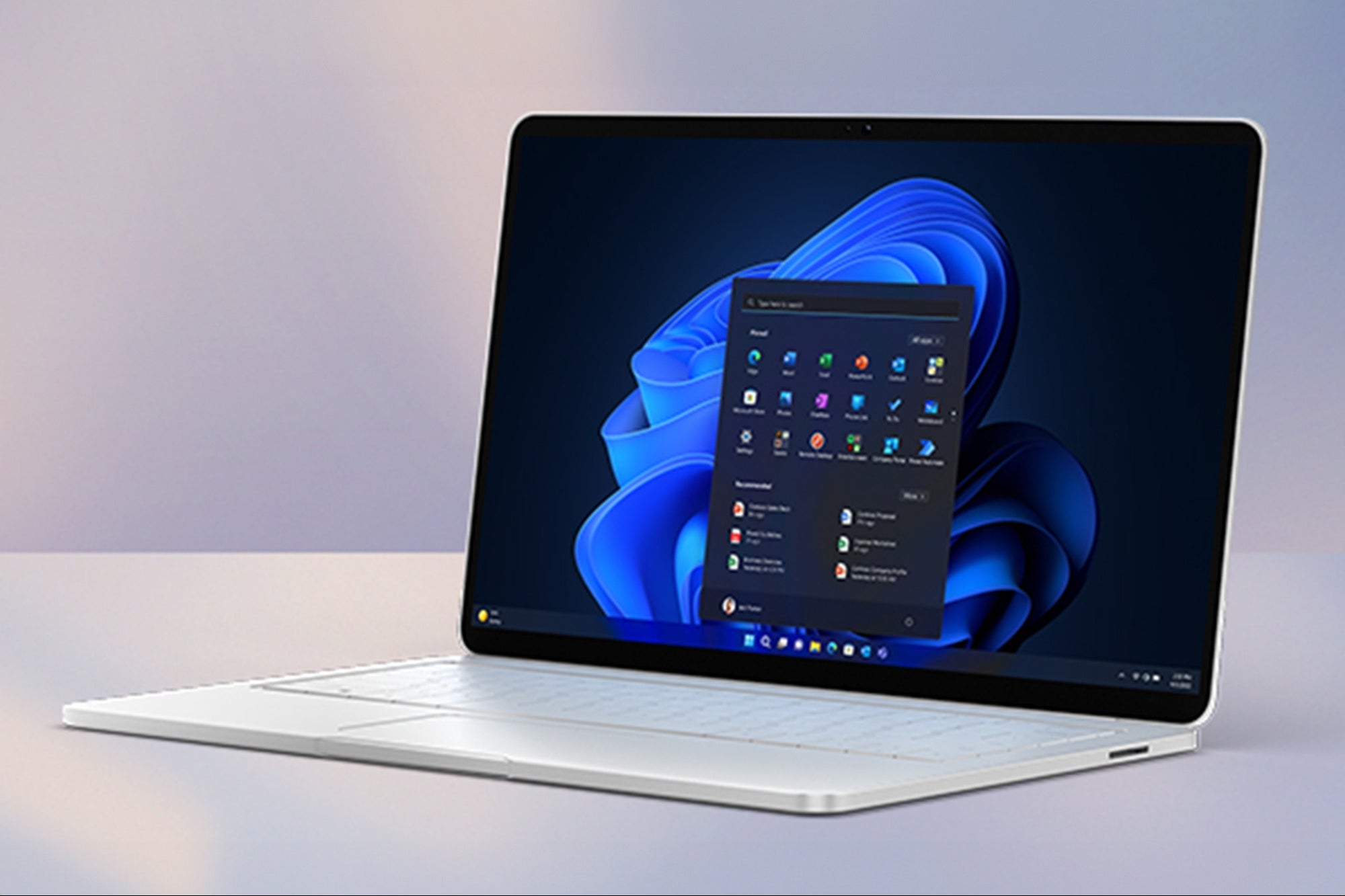This Mobile Fashion Marketplace Just Struck a Nifty Deal With the USPS Poshmark's deal with the U.S. Postal Service could be what sets it apart from its growing number of competitors.
By Laura Entis
Opinions expressed by Entrepreneur contributors are their own.

Can the U.S. Postal Service – the micromanaged "economic Frankenstein" that it is – do anything for startups?
For one mobile fashion upstart, it may actually be a game changer.
That's because Poshmark, a site where women create virtual closets via their mobile phones to sell their clothes and shop other women's closets, has teamed up with the Postal Service to bring users PoshPost, a USPS shipping label designed specifically for fashion items.
With the label, Poshmark users can ship a package of up to five pounds (size doesn't matter, just weight) to any destination in the U.S. within two to three days for a flat rate of $4.99.
The PoshPost label is only available for those selling through the Poshmark site. That differs from a USPS service like Media Mail, which anyone can request so long as he or she is mailing books or DVDs.
As is the case with eBay or Amazon, the buyer, not the seller, picks up the shipping cost.
Related: Do the Side Hustle: 5 Better Ways to Earn Extra Cash
While the USPS already offers a flat-rate service (a small flat-rate USPS Priority Mail box costs $5.80 regardless of weight), the system is not ideally suited for fashion items. "All you can ship in flat-rate boxes is what you can fit in them," says Manish Chandra, Poshmark's CEO and founder. "Fashion is a unique thing; the sizes and shapes are quite different." A wedding dress, for example, may require a customized package, as will a metal-studded handbag. With PoshPost, sellers can choose any packaging they like. And because over 99 percent of orders placed on Poshmark weigh less than five pounds, almost every delivery can be shipped via the service, the company says.
This could be the deciding factor that helps Poshmark stand out from its growing number of competitors. "Closet sharing," where women sell or rent out their clothes and/or accessories, has taken off over the past few years. Startups like Tradesy, Threadflip and ThredUP all directly compete with Poshmark for a slice of the "peer-to-peer" fashion market pie.
The partnership marks the first time the Postal Service has teamed up with a mobile company. "This is a very different solution from anything that exists today," says Chandra. Poshmark currently has over 350,000 people selling on its site, but Chandra optimistically predicts that by cutting down costs and reducing hassle, PoshPost will pave the way "for the next 10 or 20 million women to participate in the closet-sharing economy."
Related: Mobile Phones Are Changing Retail. Here's How. (Infographic)












